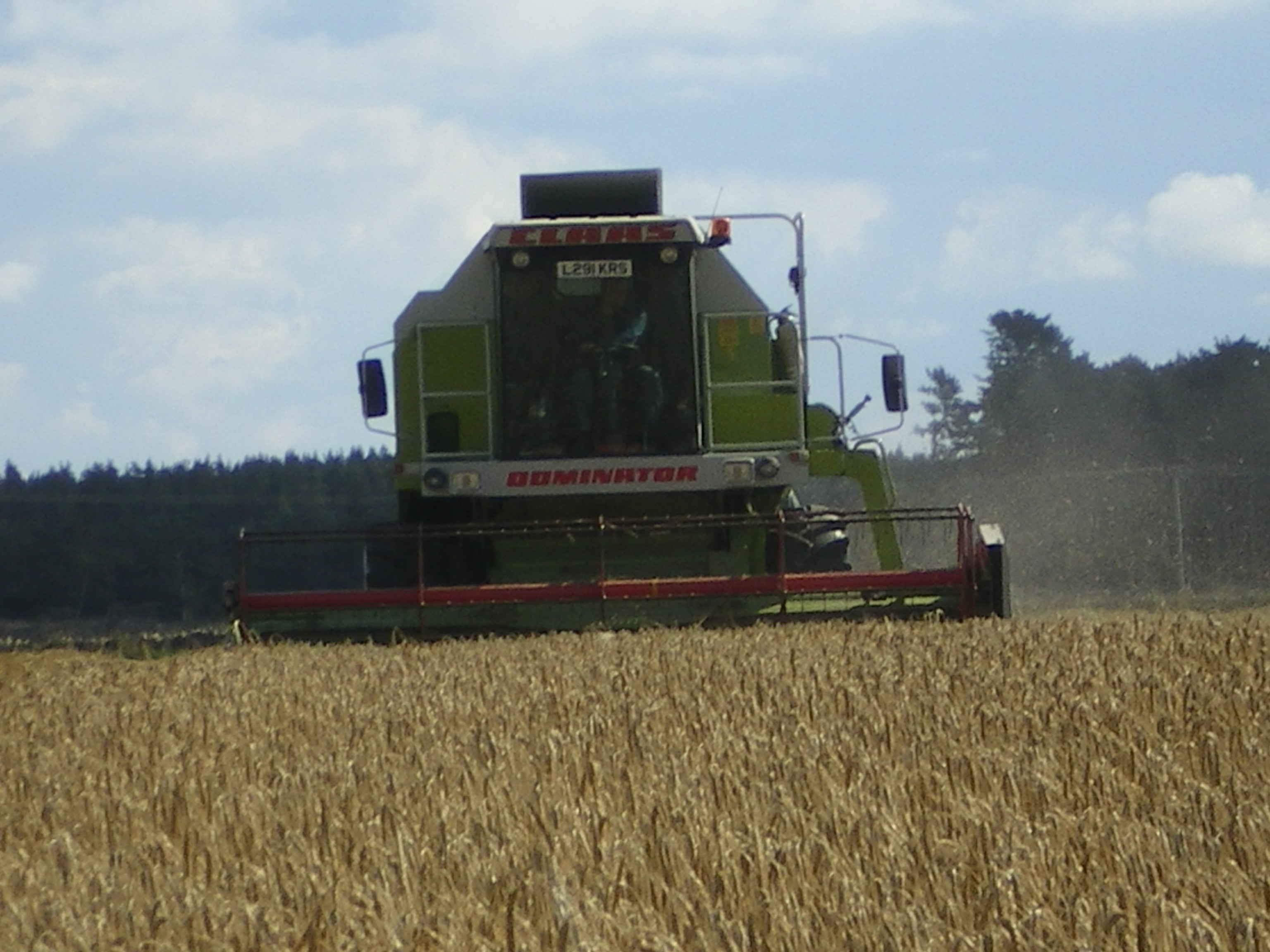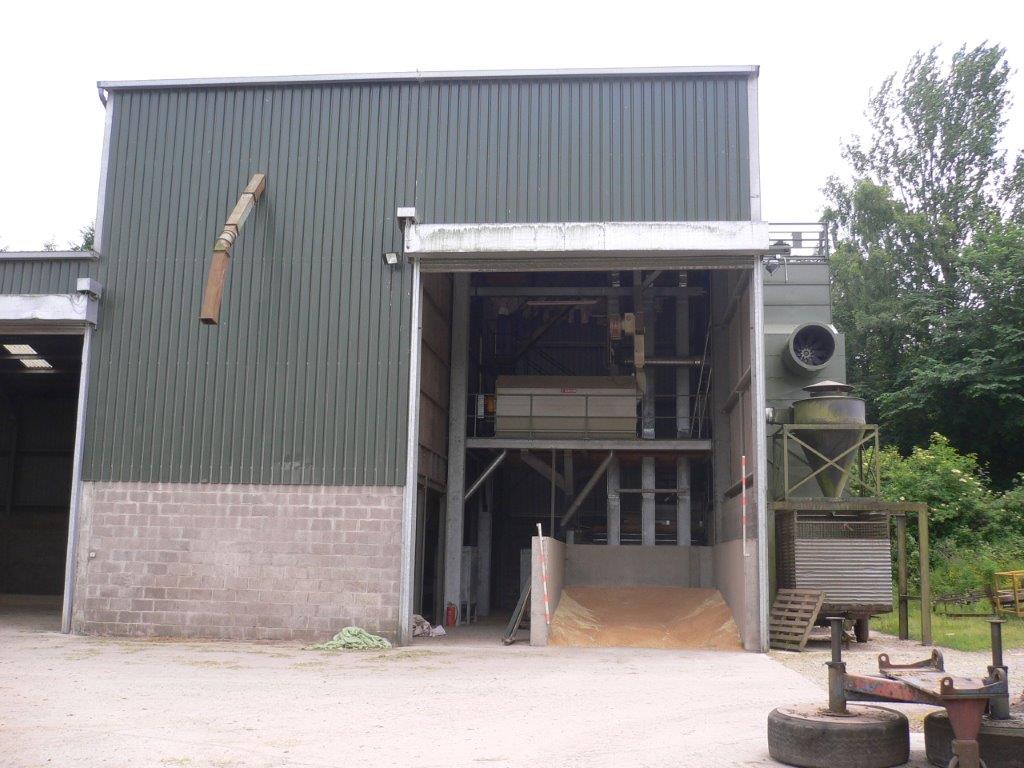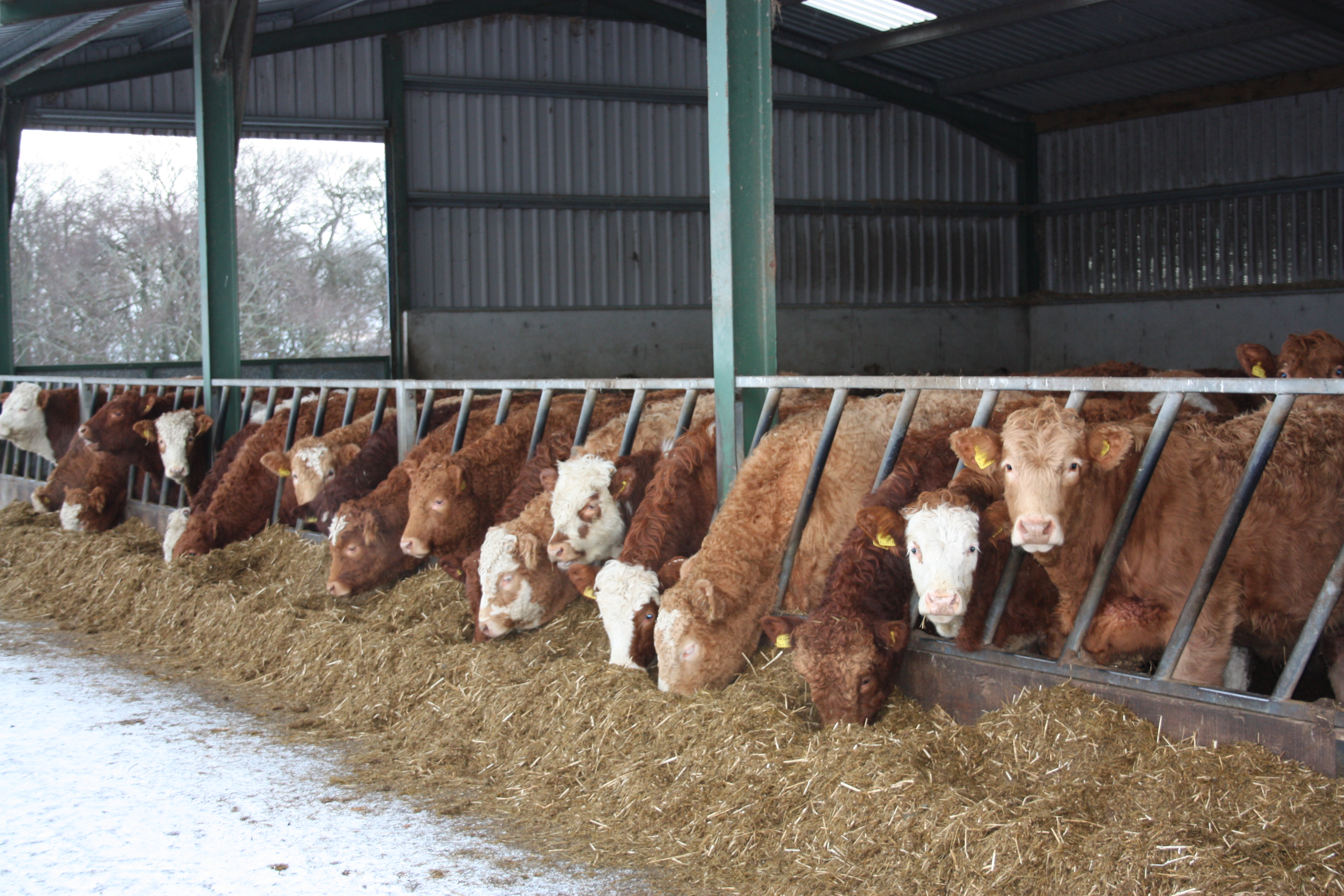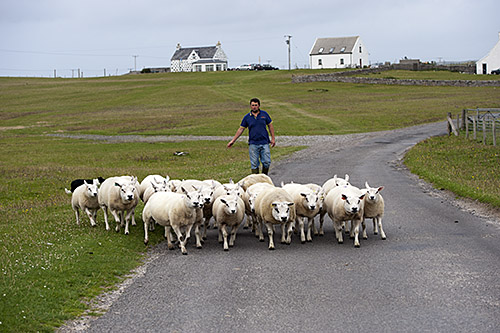Oct 17 2018
GUIDANCE CALLS FOR HONESTY AND TRANSPARENCY IN RENT NEGOTIATIONS
Scottish Tenant Farmers Association
News Release
18th September 2018
GUIDANCE CALLS FOR HONESTY AND TRANSPARENCY IN RENT NEGOTIATIONS
The Scottish Tenant Farmers Association has warmly welcomed the latest guidance on negotiating and conducting rent reviews issued today by Scotland’s Tenant Farming Commissioner (TFC), Bob McIntosh. The guidance builds on the2015 guide published jointly with NFUS, STFA and SLE and aims to clarify some aspects of the rent review process, particularly those relating to the provision of evidence and the use of the inflation linked sense check. The guidance is mainly aimed at 1991 tenancies but will also be relevant to some LDTs which have opted to use the same rent test.
Commenting on the latest guidance on rent reviews STFA Director Angus McCall said; “The ways in which rents are determined and rent reviews are conducted have been the subject of some intense debate over the last couple of decades triggering changes in two Acts of Parliament. This guidance seeks to continue reforming the rent system by ensuring that rent reviews are conducted in a fair and transparent manner, with all rent proposals based on sound verifiable evidence and negotiations carried out in a calm and responsible manner where neither side tries to “put one over” the other.
“It is disappointing that STFA is still hearing reports of rent reviews being carried out with scant regard to the guidelines agreed by the industry, albeit by a minority of land agents. Concerns about the scale of proposed rent increases and the lack of transparent evidence which would justify such an increase led to complaints being raised with TFC, Bob McIntosh earlier this year and we are pleased to see some aspects of the recommended rent processes reinforced and clarified in the latest guidance.
“The TFC has explained that the inflationary linked Consumer Price Index “CPI” is not intended as a rent setting prescription, but as a “sense check” and just one of the factors to be taken into account in determining the rent. Many land agents have got into the habit of adopting the CPI as a handy shortcut to justify rent increases without too much work, regardless of other economic or comparable evidence.
“The Guidance has also reinforced the need for transparency and honesty in justifying and explaining evidence put forward by both parties in their rent proposals or counter proposals. Too often rent demands have been based on vague comparable evidence presented with no detail, identification or explanation, making it virtually impossible for the other party to analyse to produce counter proposals. STFA agrees with the TFC’s conclusion that rent reviews require agreement based on discussion and analysis of evidence provided by both sides. Wherever possible, comparable evidence should not be presented without identifying the holdings to allow adjustments for differences. Rent determination is not an exact science and rent proposals should therefore never be presented on a take it or leave it basis that precludes the opportunity for discussion and negotiation.
“The new rent system will be based on the productive capacity of the holding and whilst we wait for the new system to be finalised, those conducting rent reviews should bear in mind that rents should always be fair and economically justifiable. If agreement cannot be reached, STFA would always recommend the use of expert determination or even arbitration with the Land Court as a last resort.
The Guide is available at https://landcommission.gov.scot/tenant-farming/reviews-and-reports/







